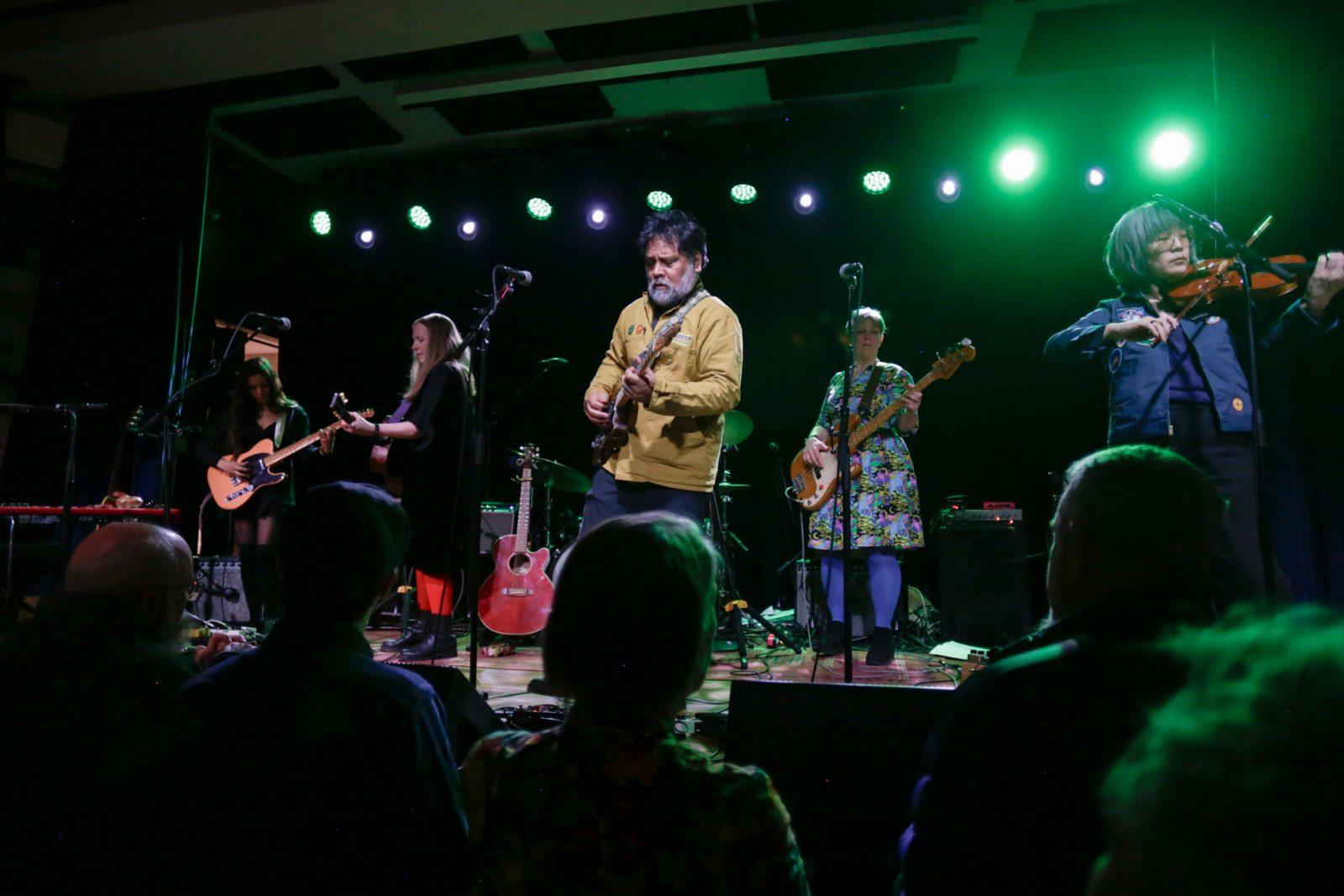Stressing about the smorgasbord of desserts you’ll inevitably face this holiday season? Don’t. According to Stephen Hawks’s new “No-Diet Diet,” you can eat all the cheesecake you want. The key is, you have to want it.
Hawks calls his diet “intuitive eating,” and the idea is pretty straightforward. Eat when you are hungry, stop eating when you are full. You can eat any foods you desire in the quantity you desire.
According to a Dec. 4 Associated Press article, Hawks, a Brigham Young University professor, lost more than 50 pounds following this diet, eating everything from ice cream to M’M’s.
Hawks is a professor of nutrition who studies malnutrition and obesity. Starting at 210 pounds, he needed a way to lose weight and keep it off for the sake of his career.
After the frustration of conventional dieting and the resulting feelings of failure, frustration and hopelessness, he decided to create his own diet. He said he wanted to eat the foods he loved without restrictions, but he wanted to lose weight for good.
According to Hawks’s website, intuitiveeating.com, there are several factors that a person must acknowledge to become a good intuitive eater.
First, the intuitive eater needs to develop “the ability to clearly recognize the physical signs of hunger, satisfaction and fullness. The intuitive eater only eats when physically hungry and stops eating when satisfied – well before fullness is reached.”
Next, “the intuitive eater is capable of sensing the nutritional needs of the body. Since there are no restrictions on eating, the intuitive eater considers the full range of food possibilities and carefully weighs available choices against physical promptings.”
This doesn’t mean eating gallons of ice cream for dinner, the website states. People need certain nutrients to be healthy, and for the most part, if they eat reasonably and stay in tune to their bodies, the rest works itself out.
Finally, “the intuitive eater has come to recognize external motives for eating … environmental, social [and] emotional.” Once he can recognize these motives, he can stop them. This is where the “No-Diet Diet” stops being easy.
This means no hot-fudge sundaes when you’re feeling down, and no picking at snacks as a distraction from schoolwork.
“It’s an individual issue,” said Paula Quatromoni, a nutrition specialist at Sargent College of Health and Rehabilitation Sciences. “Certain foods are trigger foods for binge eaters, like potato chips or cookies. Weight and eating are emotionally loaded issues for people. Denying the foods we love doesn’t feel very good, but cheating a diet and eating these foods makes you feel like a failure.”
Quatromoni said this is why most diets fail. People restrict certain foods, but the foods will always be available. Most people can only go so long without giving in, and then they feel like they failed. “They’re not realistic,” she said.
Intuitive eating has a “built-in forgiveness factor,” Quatromoni said. “There are no good foods or bad foods — it’s about how much and how often.”
One of the main arguments against intuitive eating is the danger of consuming too many high-fat, high-calorie foods. In a society that pushes low-carb, no-carb diets, people are not prepared to eat the foods they actually like, Quatromoni explained.
This diet is “not simply a magic combination of foods … all foods can fit into a healthy eating plan. If you have a healthy breakfast and a healthy lunch, it’s okay to have a Kit Kat,” she said.
According to Hawks’s diet, foods need to be chosen on a nutritional basis so the body gets everything it needs.
“By balancing high- and low-calorie foods, you can create a flexible eating plan,” Quatromoni said. “It’s about what you include, not what you exclude. This way, people will find new foods to be excited about.”
Exercise is a factor in weight loss, too.
“The more calories you burn, the more you are allowed to consume,” Quatromoni said.
But one factor, above all others, is the difference between success and failure of a diet.
“It’s all about having a healthy relationship with food,” Quatromoni said.
At least one professor said she thinks intuitive eating may be detrimental to dieters’ health.
“I think the obvious answer is that [eating high-fat foods] is not healthy,” said Linda Bandini, a nutrition professor at Sargent. “You need to have a variety of foods to get all the nutrients you need.”
To teach people the ways of proper intuitive eating, Hawks offers a seven-day program at Moab Valley on the border of western Colorado.













































































































